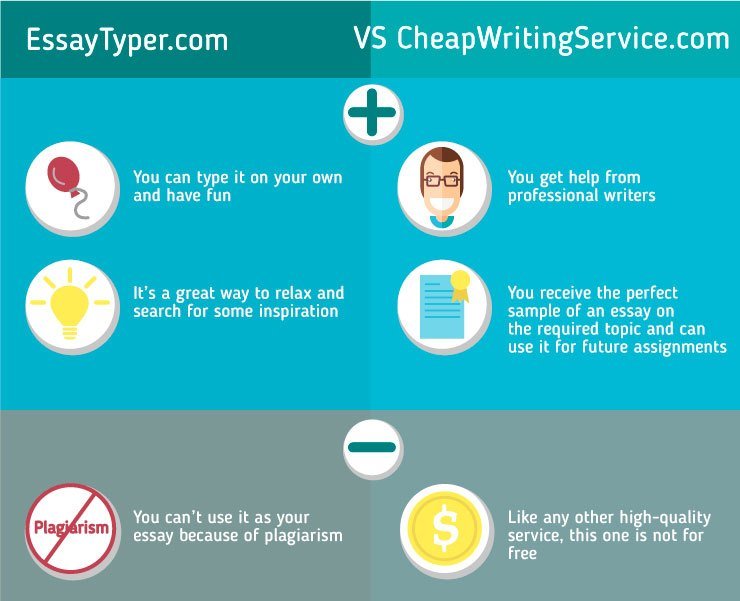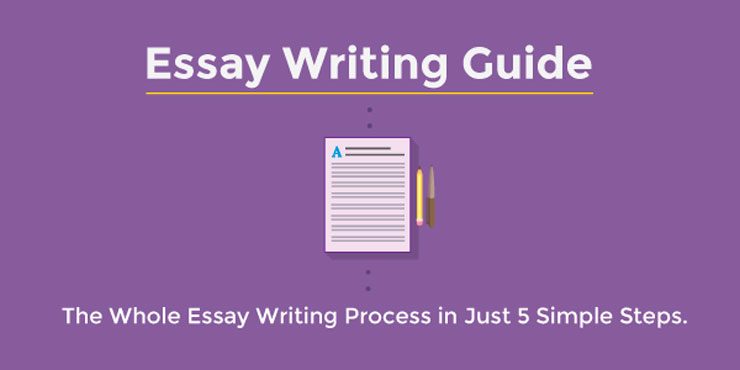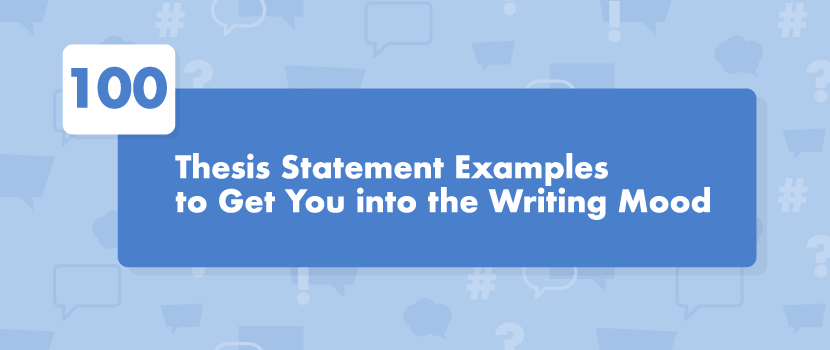In my two decades at the university writing center, I’ve had countless conversations with bright, ambitious students grappling with a very modern question: “Is this all still worth it?” It’s a question born of a dizzying new landscape. You can access the world’s knowledge from a device in your pocket. You hear the celebrated tales of dropout billionaires, figures who have become modern folk heroes, and you can’t help but wonder if the traditional path through higher education has become an expensive, time-consuming detour.
It is a fair question, one that deserves a more thoughtful answer than a simple “yes” or “no.” The stories of figures like Bill Gates and Mark Zuckerberg are powerful, but they represent a seductive logical trap known as survivorship bias. We celebrate the handful of lottery winners who took a spectacular risk, while the millions who took a similar path and never reached such heights remain invisible. Furthermore, we often forget that these men didn’t launch their ventures from a vacuum; they did so while immersed in the intellectually fertile environment of Harvard University, surrounded by brilliant peers and world-class resources.
Their stories are not a blueprint; they are dazzling exceptions. To make a wise decision about your own future, we must look beyond the compelling anecdote and examine the broader landscape—the quiet, steady promise that a university education continues to offer to millions. This is not just about securing a job; it’s about building a life of resilience, opportunity, and deeper understanding.
Beyond the Lecture Hall: The Unseen Curriculum
First, let us set aside the economic arguments for a moment and speak of the fundamental, human value of this endeavor. What happens within the walls of a university—and more importantly, within the mind of a student—is a profound transformation that no series of online courses can replicate.
You are not here merely to download information. You are here to learn how to think. You are here to have your most cherished beliefs challenged in a seminar discussion, to defend your ideas with evidence, to learn how to construct a coherent argument and how to deconstruct a flawed one. You are here to learn from a professor who is not just a content creator, but a mentor who can guide your curiosity and push you to a level of intellectual rigor you didn’t know you could achieve. This process—this constant cycle of inquiry, debate, evidence, and refinement—forges a kind of mental flexibility and critical sharpness that is the true hallmark of an educated mind. It is the unseen curriculum, and its value is immeasurable.
The Tangible Returns: A Portrait in Numbers
Of course, the practical considerations are essential. We live in the material world, and your education must prepare you for it. And here, the global data paints a remarkably clear picture. Far from becoming obsolete, a tertiary degree has become a near-universal marker of economic stability and opportunity.
Consider the global trend toward higher learning. In developed nations around the world, a university education is now the norm for young adults. Data from the Organisation for Economic Co-operation and Development (OECD) shows that in countries like South Korea (67%), Japan (58%), and Canada (58%), well over half of the 25-34 year-old population holds a tertiary degree. This isn’t a coincidence; it’s a response to the demands of a modern, knowledge-based economy.
This educational attainment translates directly into opportunity. While no degree is a guarantee of a job, it is undeniably a powerful advantage. Across the OECD countries, individuals with a tertiary education have a significantly higher rate of employment—often above 80%—than those without. In a competitive and rapidly changing job market, a degree serves as a crucial credential, signaling to employers a proven capacity for dedication, critical thinking, and advanced learning.
And yes, this has a profound impact on earning potential. When you look at the nations with the highest average wages, you will find that a majority of them—countries like the United States, Ireland, Australia, and Canada—are the very same ones with a highly educated populace. The notion that education doesn’t pay is a dangerous myth. The data confirms, year after year, that a degree is one of the most reliable investments one can make in their own financial future.
A Shared Investment in a Brighter Future
Finally, it’s crucial to understand that higher education is not merely a private good; it is a public one. The data on spending for tertiary education reveals that in most countries, a significant portion of the cost is covered by public funds. This is not charity. It is a strategic investment that societies make in their own future.
Why? Because nations with a highly educated citizenry are more innovative, have more stable economies, and are better equipped to solve complex problems. This is reflected in the results of the Programme for International Student Assessment (PISA), which tests students’ ability to apply knowledge. Many of the same countries that invest heavily in education also see their students achieve the highest PISA scores in science, math, and reading, demonstrating a clear return in human capital. An educated population is the engine of a thriving, modern society.
So, when you consider the value of your education, I urge you to look past the surface-level glamour of the outlier stories. See it for what it truly is: a challenging, transformative process that forges not just a better résumé, but a sharper mind. It is a tangible investment that yields demonstrable returns in employment and income. And it is a shared societal commitment to building a more capable, more thoughtful, and more prosperous world.
The path is not always easy, but its destination is a place of greater opportunity, resilience, and understanding. And that is a journey that remains profoundly worthwhile.













posts